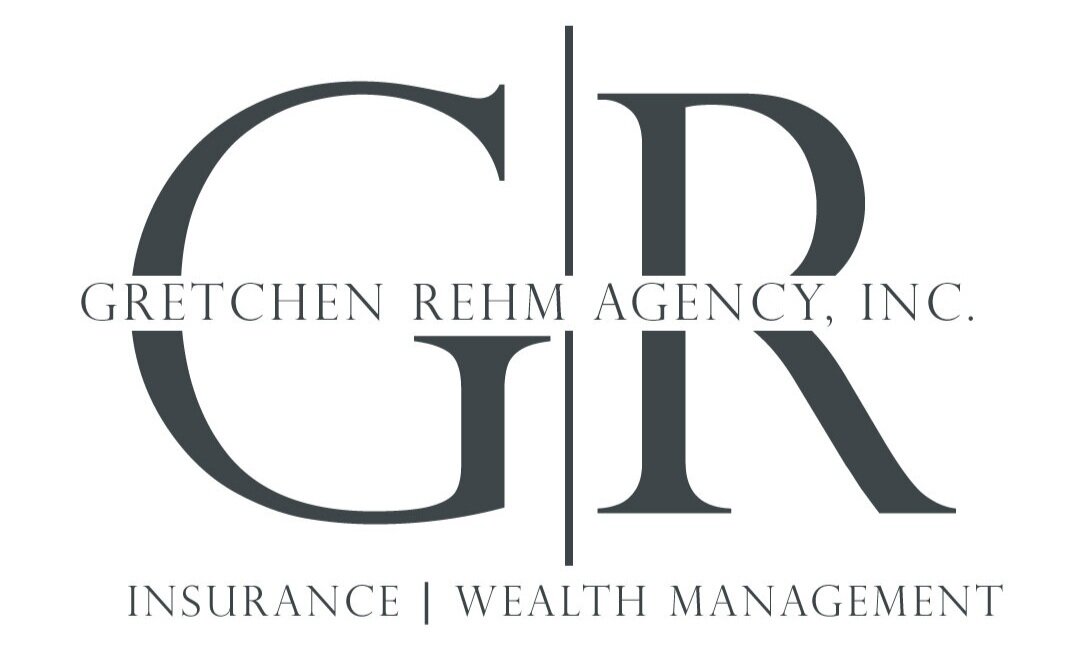5 things You Can Do to Improve Your Financial Literacy
When it comes to financial literacy, it’s not about how much you have coming in, but how well you manage those funds. Financial literacy is an umbrella term for “playing it smart” with the money you have, no matter what that looks like in your day-to-day.
According to the Financial Literacy and Education Commission, the key building blocks to financial literacy are earning, spending, saving, borrowing, and protecting.
Let’s take those building blocks and outline some steps you can take to improve your financial literacy.
Understand Your Earnings
When it comes to your paycheck, make sure you know every dollar and cent that you are owed, and what deductions are made.
Everyone’s income goes through a little bit of trimming as it travels from gross to net, but understanding those deductions can play a huge role in making the most of your income and subsequent benefits.
Regulate Your Spending
A key skill in managing your spending is, of course, budgeting. What your budget looks like is completely up to you and your priorities, but it’s important to find the best fit for you.
Remember, there is no one way to budget. In general, take time every week or month to prioritize your fixed expenses and keep a close eye on those sneaky variable expenses to ensure they’re not creeping up on you.
After your essentials are covered, your budget is really up to your personal priorities. If you want to eat out twice a week, for example, make sure it’s accounted for in your budget!
Be Diligent About Saving
You can save a little or a lot - just make sure it happens.
Whether you’re putting funds away for a rainy day or a new pair of shoes, prioritize your financial goals. Attainable long-term and short-term goals are an important practice in your overall financial literacy.
Be Strategic About Borrowing
It’s likely that you’ll need to take out a loan at some point in life. When you do need to borrow, make sure you do your research to seek low rates and avoid hidden fees.
Credit can make or break you, so be sure to understand your credit and use it to your advantage. A strong credit history is very important for your future borrowing ability.
Maintain and Protect
Having a protection plan in place for your finances is crucial. Protecting your finances covers anything from tracking financial records and avoiding shady investments, to purchasing necessary insurance.
By taking these precautions, you provide a safety net for yourself and those you care for, and that is an invaluable step towards a happy financial future.
At the end of the day, your financial literacy is not simply determined by how much you make or how often you shop. If you have a grasp on your income and are intentional with what you do with it, you’re on the right track.
As always, the Gretchen Rehm Agency is here to be your partner in long-term financial health. Book an appointment with a member of our team, today, to get your financial future secured!
Sources:
